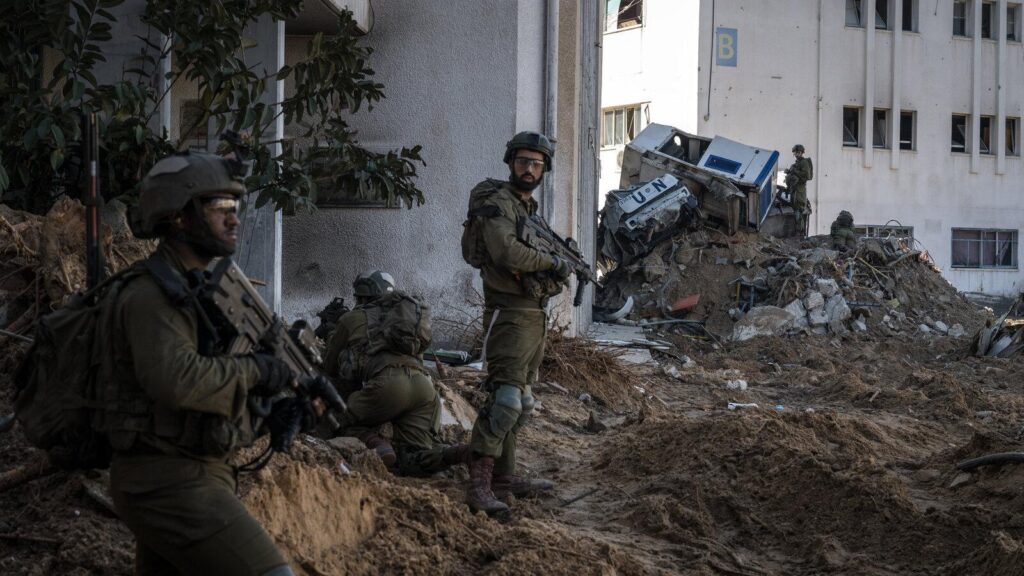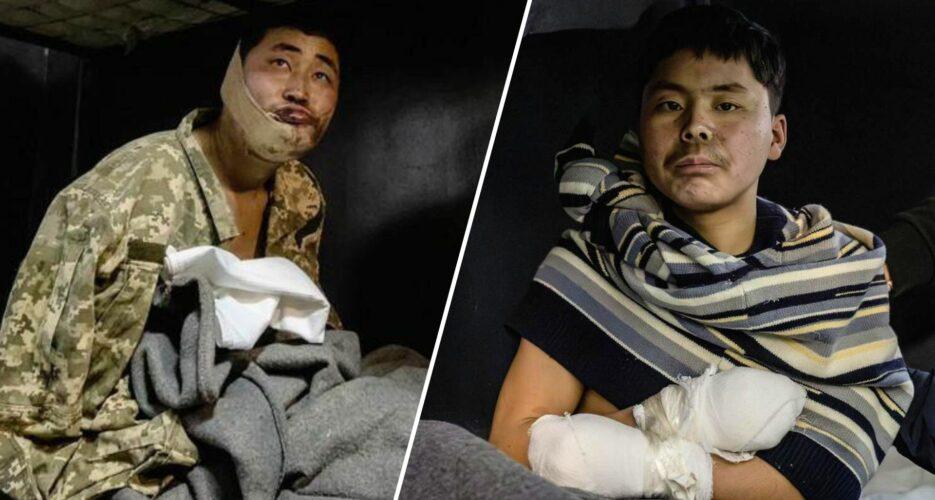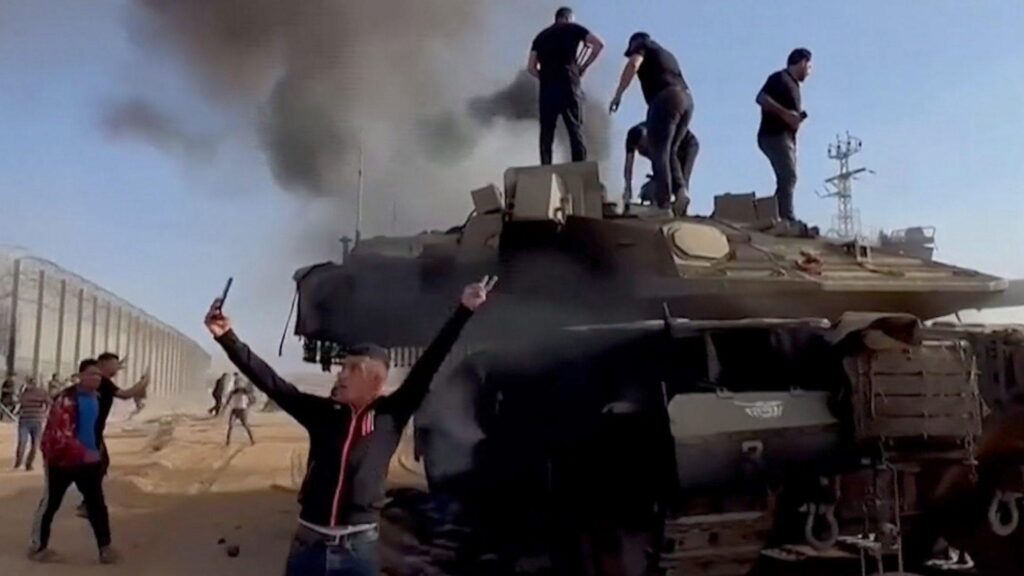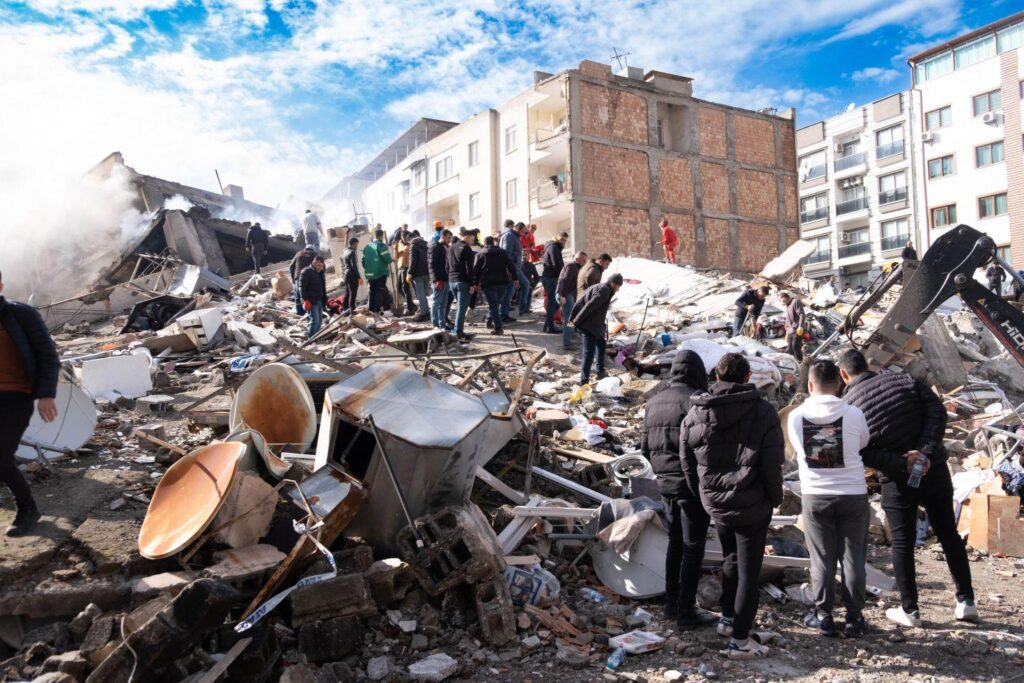In the shadowy intersections of military discipline and political allegiance, a controversial episode unfolded at Fort Bragg, where soldiers found themselves under scrutiny for their public displays of partisan enthusiasm. The incident highlighted the delicate balance between individual expression and institutional neutrality, casting a spotlight on the complex relationship between military personnel and political discourse in an increasingly polarized landscape. Military discipline and political neutrality came under scrutiny at Fort Bragg following an internal review triggered by soldiers’ visible support for political rhetoric during recent events. Personnel who demonstrated overt allegiance to specific political narratives while wearing official uniforms faced heightened institutional scrutiny.
The comprehensive assessment examined multiple dimensions beyond traditional military conduct standards, focusing on potential implications for unit cohesion and operational integrity. Commanders meticulously evaluated individual soldiers’ behaviors, assessing whether their public demonstrations potentially compromised professional standards and institutional neutrality.
Uniform regulations explicitly prohibit active-duty military members from making explicit political statements while representing official military status. Soldiers photographed or recorded expressing partisan sentiments during official capacities triggered immediate administrative reviews designed to maintain organizational discipline and impartiality.
Investigations centered on understanding motivations, examining potential systemic patterns of political engagement that might undermine military protocols. Leadership teams conducted nuanced evaluations, distinguishing between personal political perspectives and inappropriate public demonstrations that could potentially compromise unit effectiveness.
Soldiers underwent comprehensive assessments analyzing their professional conduct, potential ideological influences, and adherence to established military guidelines. The review process incorporated detailed interviews, performance evaluations, and behavioral analyses to determine potential risks or recommendations for corrective actions.
Institutional protocols demand strict neutrality, requiring military personnel to maintain professional distance from partisan political narratives. Soldiers representing official military institutions must demonstrate commitment to constitutional principles rather than individual political preferences.
The comprehensive review highlighted broader conversations about military professionalism, institutional integrity, and the delicate balance between individual expression and organizational expectations. Leadership emphasized the importance of maintaining non-partisan professional standards while respecting fundamental constitutional rights.
Potential consequences ranged from administrative counseling to more significant disciplinary measures, depending on the severity and context of observed behaviors. The nuanced approach recognized the complexity of individual motivations while maintaining clear institutional boundaries.
These evaluations underscored the critical importance of maintaining military neutrality in an increasingly polarized political landscape. Institutional mechanisms designed to preserve professional standards and organizational cohesion remained central to the comprehensive review process.
Ultimately, the assessment aimed to reinforce fundamental military values, ensuring that institutional integrity and constitutional principles remained paramount within military organizational structures, transcending temporary political dynamics and maintaining essential professional standards.






